US arms sales to Saudi serve 'aggressive' rather than defensive purposes: Analyst
Saudi Crown Prince Mohammed bin Salman is in Washington for official talks at the White House on his first visit to the US, which observers say is mainly meant to consolidate his grip on power at home and push for an ambitious nuclear deal. On Tuesday, bin Salman sat down with US President Donald Trump at the White House, where the two sides discussed a range of issues from bilateral ties to arms deals. In the Oval Office, Trump and bin Salman discussed an agreement last year for $200 billion worth of Saudi investments in the US, including large purchases of US arms. Press TV has talked to Jim W. Dean, managing editor of Veterans Today, as well as Brent Budowsky, columnist of The Hill, to get their opinion on the issue.
Dean said the United States arms sales to Saudi Arabia are for “aggressive purposes” rather than defensive ones, adding that no country in the Middle East poses a “credible threat” to the kingdom.
He went on to say the United States seeks to use the “massive stockpiles” it has in Saudi Arabia if it engages in a “big war” in the Persian Gulf.
The analyst further labeled bin Salman’s visit to the United States as “fake”, asserting that the Saudi Crown Prince wants massive investment from US companies as “payback” for the orders he puts in for weapons.
Dean further denounced as “ridiculous” Saudi Arabia’s plan to begin enriching uranium, noting that it is “insanity” to put 80 billion dollars of investment capital into nuclear power when the kingdom has vast amounts of oil.
Earlier this month, high-level Saudi and US officials resumed talks on a lucrative deal for the construction of 16 nuclear reactors in the kingdom over the next 20 to 25 years at a cost of more than $80 billion.
Those talks were frozen under the former American administration over Riyadh's refusal to accept Washington's non-proliferation “gold standard” for civil nuclear cooperation deals.
Meanwhile, Brent Budowsky, the other panelist on the program, opined that the United States approach to arms sales is not “productive”, arguing that there needs to be more diplomacy involving more countries rather than war.
“I think all countries would be well-advised to do what they probably won’t do which is to step back and stop all of these escalations and all of these wars and to try to come up with solutions that will make lives better for people rather than having more wars, more killing, more arms sales … it is a terrible sad thing and I hope it does not get worse,” he stated.
According to the analyst, Saudi Arabia’s plan to start enriching uranium is “a big mistake”, suggesting that all the countries in the region should do a big investment in solar and wind energy which are safe energy sources.
Report: Israeli warplanes bomb positions in southwestern Syria, Iraq
US forces smuggle stolen Syrian oil into bases in Iraq: Report
VIDEO | Press TV's news headline
Situation normal after air defenses fire at 'suspicious objects' in Iran
‘Iran retaliation against Israel ensured no aggression would go unanswered’
US vetoes Palestinian request for full UN membership
Iran sufficed to strike only part of Israel’s military positions: FM to UN chief
IRGC: Israel’s Dimona nuclear reactor not among Op. True Promise’s targets



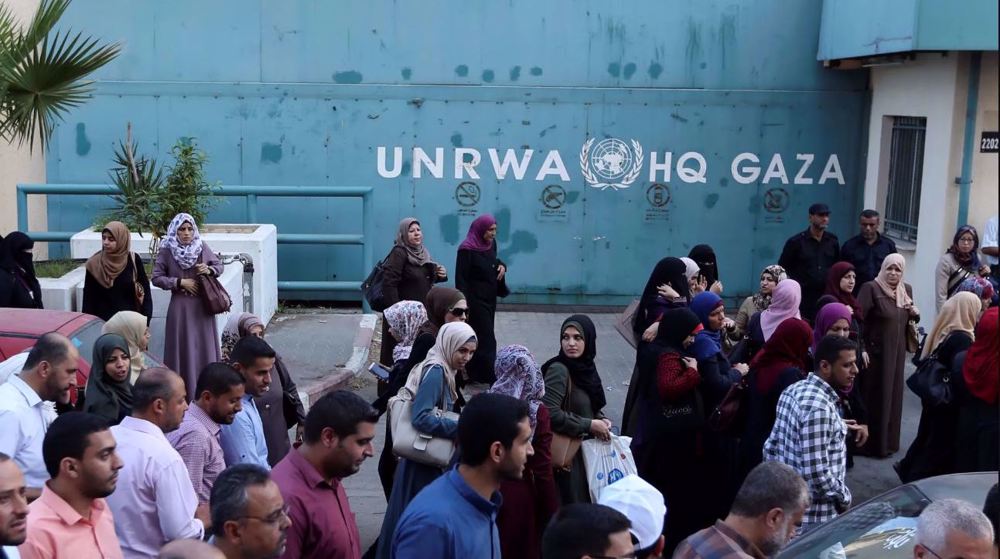
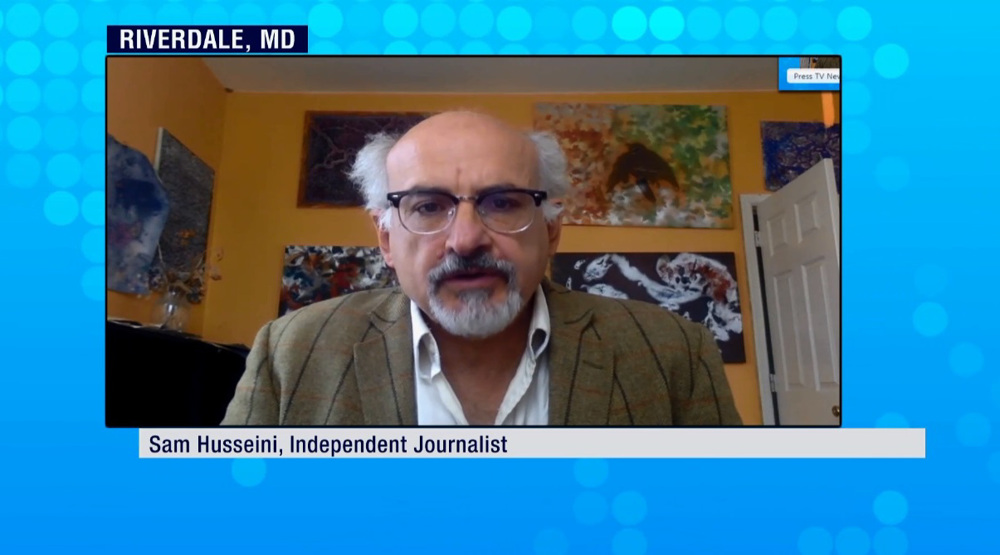
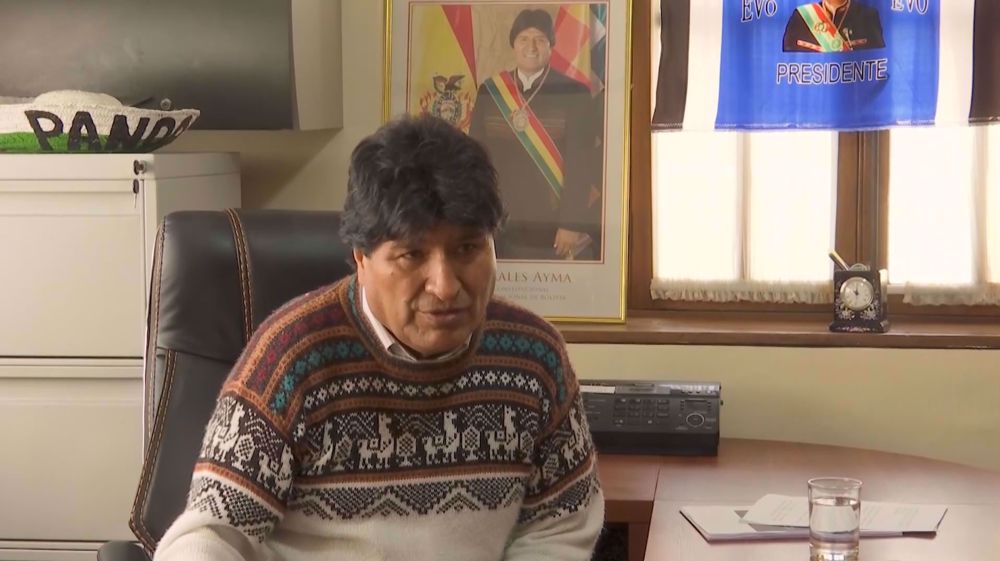



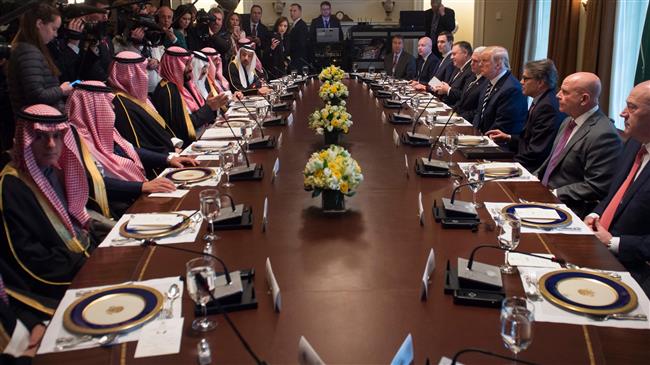
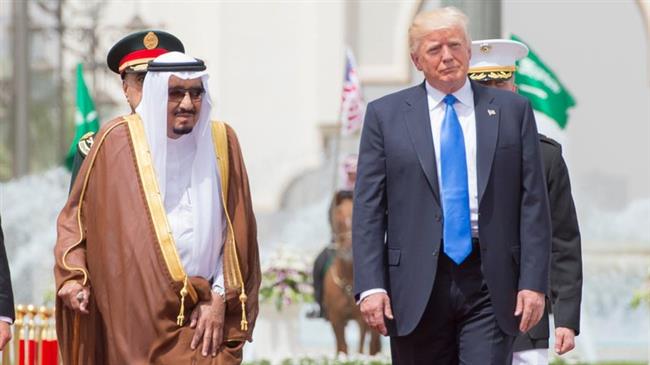



 This makes it easy to access the Press TV website
This makes it easy to access the Press TV website